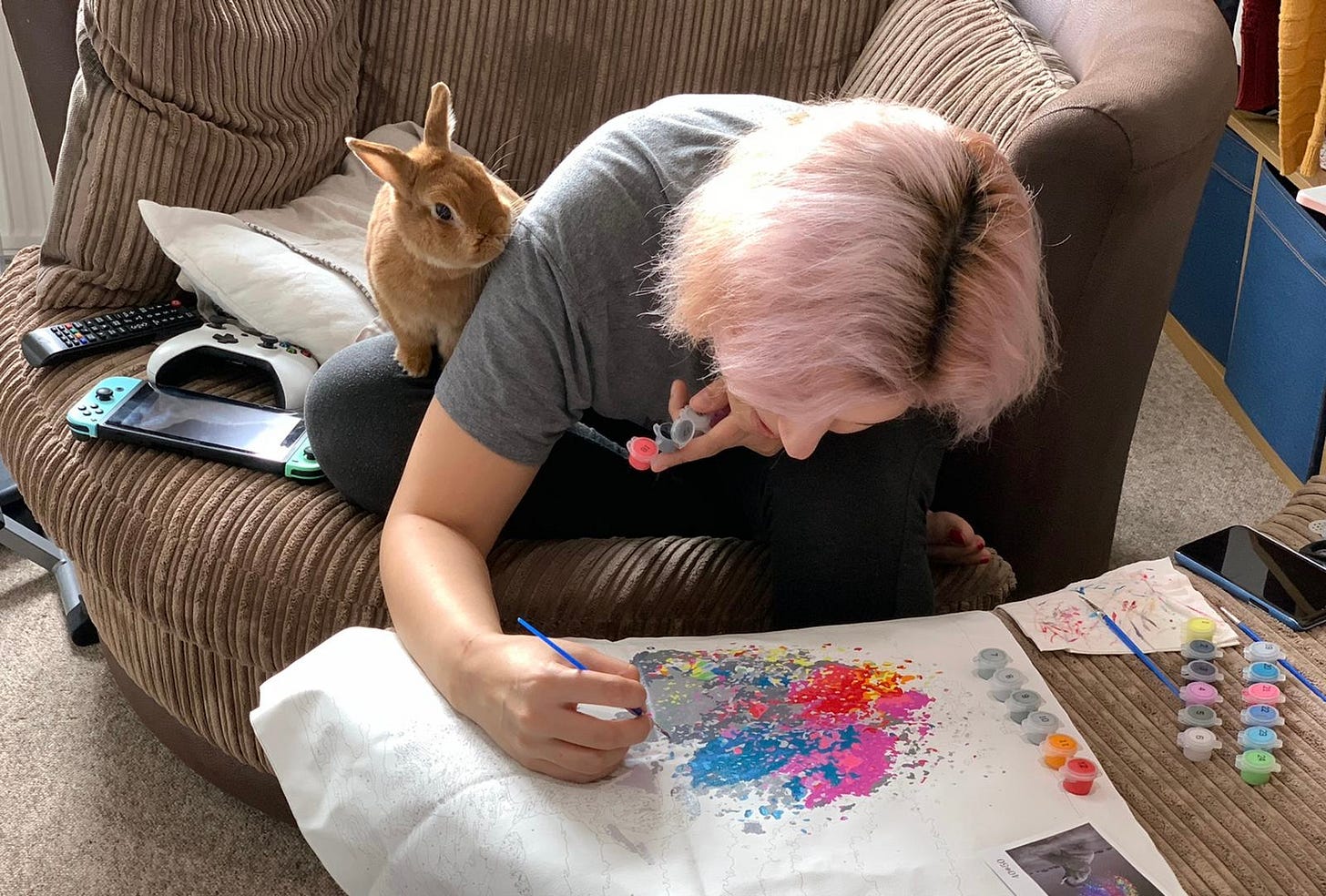The Cool Thing about “Portfolio Careers”
Non-linear paths can lead to the same success, and deeper fulfilment.
Have you ever heard of Portfolio Careers? It’s the idea of doing different jobs, even unrelated to each other, either throughout your working life or at the same time in place of a full-time role.
UX professionals have always done this to an extent - one day we are UI designers, another day we are researchers, product managers, service designers, front-end engineers, even within the same company.
But what’s fascinating here is to think of moving beyond adjacent roles, to follow completely different passions, without having to relegate one as a hobby or a “side gig” nor having to commit to a definitive career change.
Famous non-linear careers
You probably know Arnold Schwarzenegger was a bodybuilder before he was an actor, and you could say that the one led to the other. But did you know that early on he owned a small construction company and got into real estate investing, making his first million before ever making a movie?
And his political career didn’t come out of the blue with his governorship. His first appointment was in the council of Physical Fitness and Sports in the early 90s, funding after-school programs to help kids stay healthy.
This is not like a celebrity with a side revenue, this was someone who pursued their curiosities and passions, and when I learned all this I thought “That is what a life well lived looks like” (not endorsing some of his other stuff).
Temple Grandin is another great example:
Renowned TED talk and keynote speaker on autism
Inventor of the “hugging machine” stress release device
Revolutionary designer of better livestock handling facilities and equipment
Wrote many books on autism and on animal handling
Can you imagine what your life would look like if you could pursue all of your passions?
Who told us we should have linear careers?
Early in my graphic school days, I was advised to choose a specialisation as early as possible to be more employable. I didn’t listen (I get bored too quickly), so I moved from ‘web’ to UX, then research, then front-end engineering - and I did get lots of rejections because my CV read like a Pollock painting.
But now, guess what: some of my best hires were career-changers.
The best professionals I’ve worked with have a variety of passions and they don’t set them aside. Their life doesn’t revolve around their “main gig”, they are also coaches, podcasters, entrepreneurs, carpenters, activists, actors, writers, dancers, motorsport managers.
This keeps them creative, flexible, good at critical thinking, curious, empathetic. They bring more to the table than their craft, they bring life experience and depth.
Having a portfolio career today
Portfolio careers have become a much larger trend lately, especially post-pandemic, which forced us - literally, everyone in the world - to experience burnout, mental health issues, and have had time to reevaluate what’s important in their life.
So it is now more relatable, and therefore acceptable, to have gaps or shifts in your CV. The world values varied experiences more than ever.
I think the key here is to give ourselves permission. We can’t do anything until we shut up that voice in our heads that makes us feel stupid. “Jack of all Trades, Master of None” is an outdated trope: we’re not talking about neurosurgery, people can master many things in their life with some passion and dedication.
The other key component is to network with people that do what you want to do, be curious, learn, and when the time comes, show up with confidence in your choices.
My take is:
Put that thing on your CV.
Tell your colleagues about your improv group.
Don’t waste energy compartmentalising!
And with this, I’m off on holiday and I’ll chat to you all in a while! ⛱️
Do you have a portfolio career, or have you considered it? I’d love to hear pros and cons from lived experiences





